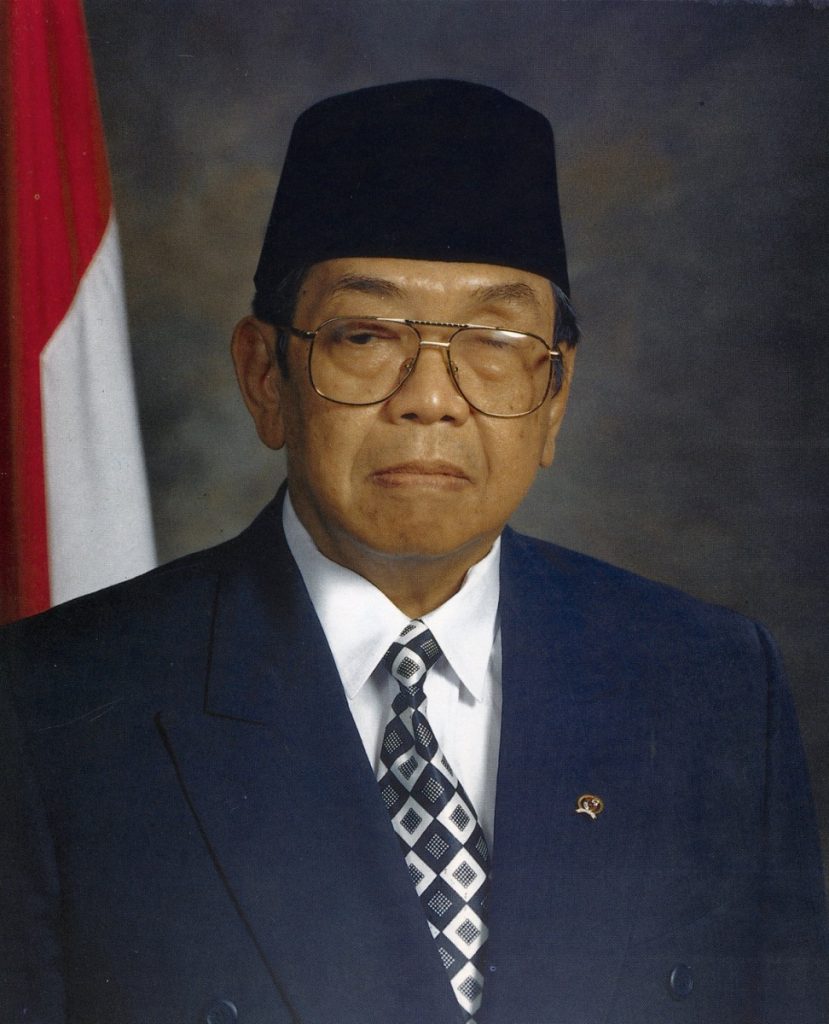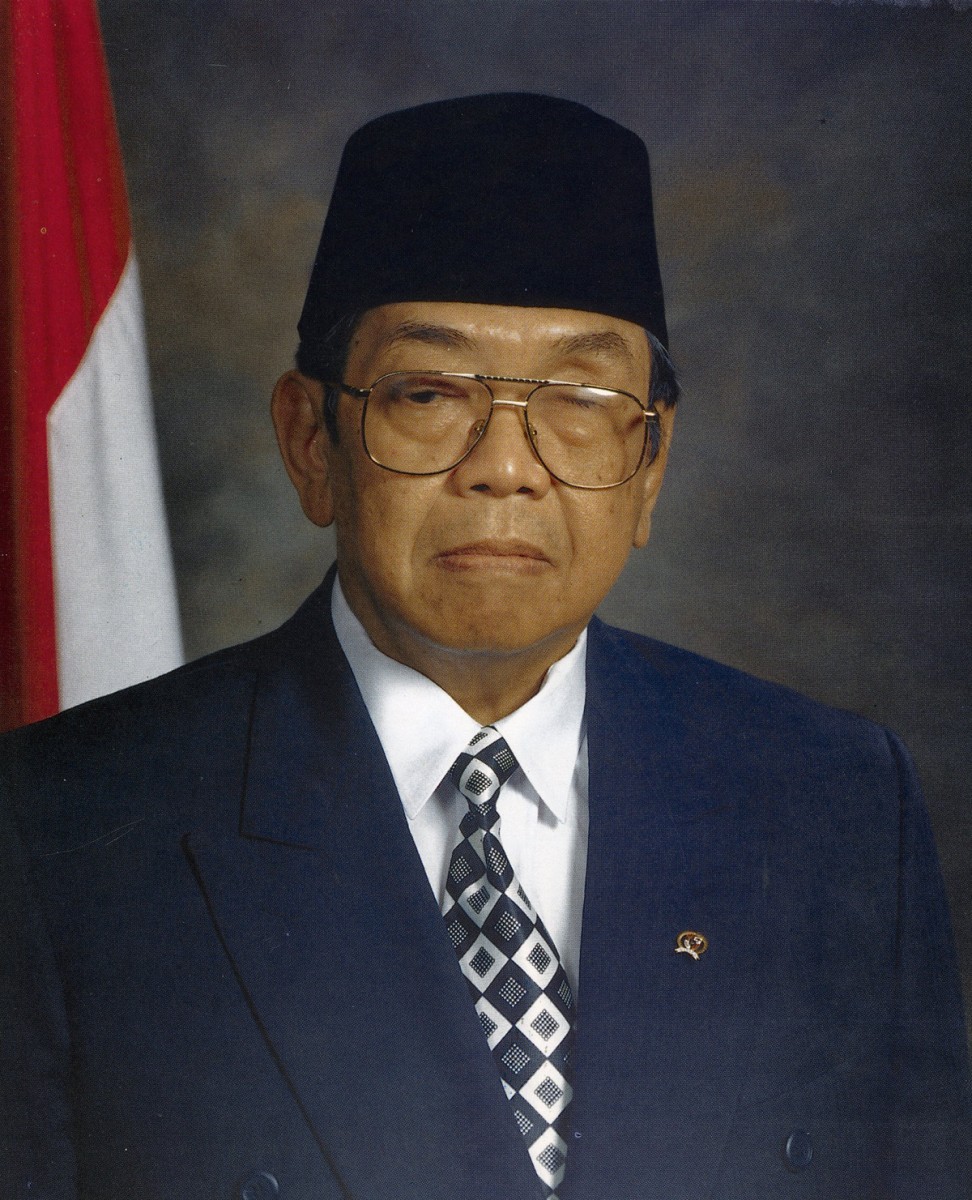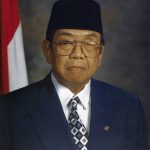
Abdurrahman Wahid
| Abdurrahman Wahid Wiki | |
|---|---|
| Name | Abdurrahman Wahid |
| Profession | Politician |
| Death date | December 30, 2009 |
| Date of Birth | September 7, 1940 |
| Horoscope | Virgo |
| Country | Indonesia |
| Height | Check Below |
| Net Worth | See Below |
Birthday Countdown
Early Life and Education
Abdurrahman Wahid, also known as Gus Dur, was born on September 7, 1940, in Jombang, East Java, Indonesia. He came from a prominent Muslim family, with his father, Wahid Hasyim, being a well-respected religious leader. Abdurrahman Wahid received his education at Al-Azhar University in Cairo, Egypt, where he studied Islam and Arabic literature.
Political Career
Abdurrahman Wahid was a key figure in Indonesian politics, serving as the chairman of the Nahdlatul Ulama (NU), one of the largest Muslim organizations in Indonesia. In 1999, he was elected as the President of Indonesia, becoming the first democratically-elected leader of the country after the fall of the Suharto regime.
Challenges as President
During his presidency, Abdurrahman Wahid faced numerous challenges, including economic instability, separatist movements, and political unrest. Despite these challenges, he was known for his commitment to democracy and his efforts to promote tolerance and pluralism in Indonesia.
Height and Physical Appearance
Abdurrahman Wahid was known for his tall stature, standing at approximately 6 feet 1 inch (185 cm) tall. He had a commanding presence and was often seen wearing traditional Indonesian attire, such as a batik shirt and sarong.
Net Worth
Abdurrahman Wahid's net worth is estimated to be around $5 million. He earned his wealth through his various business ventures and investments, as well as his work as a political leader and advocate for democracy.
Literary Works
In addition to his political career, Abdurrahman Wahid was also a prolific writer and scholar. He authored several books on Islam, politics, and democracy, including "The Illusion of an Islamic State" and "Defending the State: The Political Philosophy of Abdurrahman Wahid."
Legacy
Abdurrahman Wahid passed away on December 30, 2009, leaving behind a legacy of tolerance, democracy, and peace. He is remembered as a visionary leader who worked tirelessly to promote unity and understanding among Indonesia's diverse population.
Personal Life
Abdurrahman Wahid was married to Sinta Nuriyah, with whom he had four children. He was known for his sense of humor and wit, as well as his deep commitment to social justice and human rights.
Philanthropy
Throughout his life, Abdurrahman Wahid was involved in various philanthropic activities, supporting causes such as education, healthcare, and poverty alleviation. He established several foundations and charities to help those in need in Indonesia.
Controversies
Despite his many accomplishments, Abdurrahman Wahid was not without controversy. He faced criticism for his handling of various political issues during his presidency, as well as allegations of corruption and mismanagement.
Honors and Awards
Abdurrahman Wahid received numerous honors and awards throughout his life, including the Ramon Magsaysay Award for Government Service in 1986 and the Presidential Medal of Freedom from the United States in 2000. He was also recognized for his contributions to promoting peace and democracy in Indonesia.
Final Thoughts
Abdurrahman Wahid's life and career serve as a reminder of the importance of tolerance, democracy, and social justice in today's world. His legacy continues to inspire future generations to work towards a more peaceful and inclusive society.









